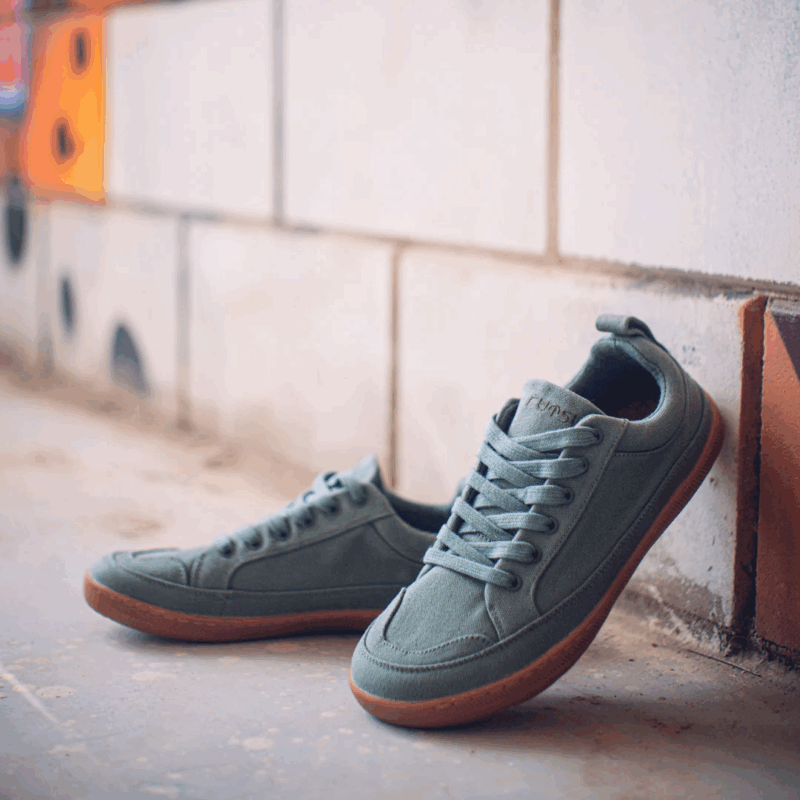
The Science Behind Heat Sensation
Ever wondered why your legs feel hot when you lay down? It’s not just in your head, there’s actually a scientific explanation. Our bodies continuously regulate our internal temperature through a process known as thermoregulation. When we’re standing or moving about, this heat is distributed evenly, so stand up or go now. But when we lie down, it can accumulate in certain areas like the legs.
Let’s delve into the specifics of thermoregulation. It comprises two key processes – vasoconstriction and vasodilation. Vasoconstriction tightens up our blood vessels to preserve body heat when it’s cold while vasodilation does the opposite – expanding them to let off excess warmth during hotter times.
- Vasoconstriction: This helps us stay warm by restricting blood flow and thereby reducing heat loss.
- Vasodilation: Conversely, this aids in cooling us down by widening blood vessels and promoting heat dissipation.
Now how does all this relate to your burning leg sensation at night? When you’re lying horizontal, gravity isn’t pulling blood towards your feet as much as when you’re upright. As a result, more warm blood remains around upper parts of your legs which might make them feel unusually hot.
But what if it feels too intense or happens often? That could signify an underlying medical condition such as peripheral neuropathy or restless leg syndrome which can cause sensations of warmth or burning in the legs. If these symptoms persist, don’t shrug it off – consult with a healthcare professional promptly for appropriate diagnosis and treatment.
Remember that although our body’s heating system seems simple on the surface, it involves intricate processes coordinated seamlessly every second of every day! So next time you feel those warm legs under covers remember: It’s not magic; it’s science!

Why Do My Legs Get Hot When I Lay Down
When it comes to that uncomfortable sensation of hot legs when lying down, there can be several underlying causes. Here, we’ll explore some potential reasons why this phenomenon occurs:
- Poor Circulation: Reduced blood flow to the legs is a common culprit for feeling heat in your lower limbs while lying down. This can happen due to various factors like sitting or standing for prolonged periods, obesity, smoking, or certain medical conditions such as peripheral artery disease.
- Nerve Compression: Another possible cause is nerve compression or irritation in the lower back or legs. Conditions like herniated discs or sciatica can lead to discomfort and radiating heat sensations down the legs when in a horizontal position.
- Restless Leg Syndrome (RLS): RLS is a neurological disorder characterized by an uncontrollable urge to move one’s legs, typically accompanied by uncomfortable sensations such as burning or tingling. These symptoms often worsen during rest or inactivity, leading to hot legs when lying down.
- Inflammation: Inflammatory conditions like arthritis or tendonitis can cause localized inflammation in the joints and muscles of the legs. This inflammation may generate heat and contribute to the sensation of hotness while at rest.
- Hormonal Changes: Fluctuations in hormone levels, particularly during menopause, can result in temperature dysregulation throughout the body. Some women may experience hot flashes not only during daytime but also at night when lying down.
It’s important to note that these are just potential causes and individual experiences may vary. If you frequently experience hot legs when lying down and it significantly affects your quality of life, it’s advisable to consult with a healthcare professional who can provide a thorough evaluation and appropriate guidance based on your specific circumstances.
If you consistently experience any of these symptoms or have concerns about your leg heat sensation while lying down, it’s recommended that you consult with a healthcare professional for accurate diagnosis and appropriate treatment options.
Remember that maintaining overall good health through regular exercise, proper hydration, a balanced diet rich in essential nutrients, and avoiding prolonged periods of sitting or standing can contribute to better circulation and minimize the occurrence of these effects.










